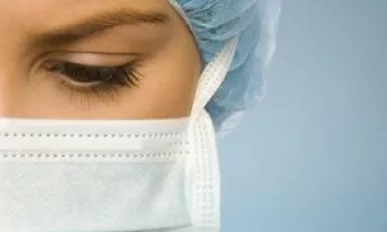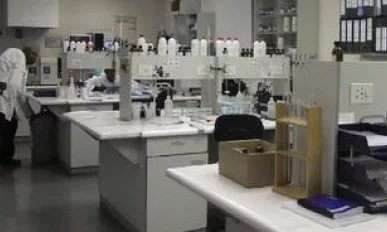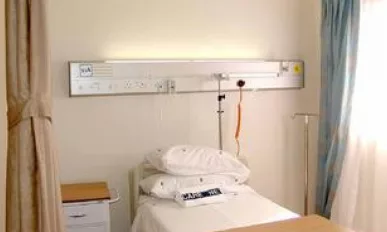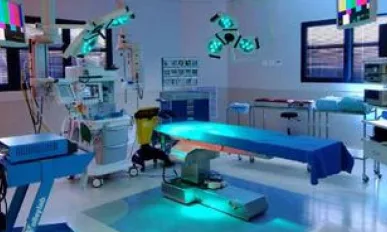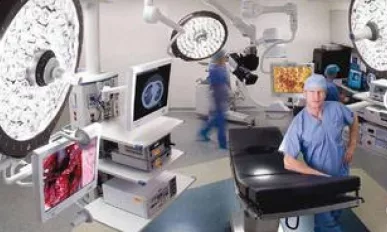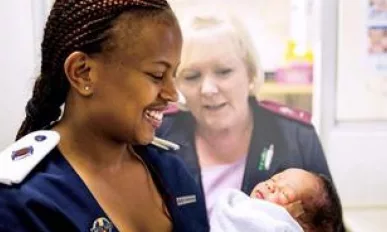T-Systems Healthcare : A Healthy Business
T-Systems are part of a multinational company that spans the globe. However that doesn’t stop them paying attention to the details when working with local communities in South Africa.
Surgitech : The Science of Specialisation
Surgitech is a leading supplier of innovative speciality surgical devices throughout South Africa.
Medhold Medical : Prognosis for Growth
Turning 25 years old is always a special occasion, but Matthew Stephens, CEO of Johannesburg-based Medhold Medical, is even more excited about what the next ten years will hold.
Hersol Manufacturing Laboratories : Invest for Success
A programme of continuous improvement and investment is paying off at Hersol Manufacturing Laboratories, one of South Africa’s leading pharmaceutical contract manufacturing companies.
Hutz Medical : African Health Solutions
Hutz Medical has become synonymous with high quality hospital equipment and is aiming to take advantage of growth opportunities at home in South Africa and across the African continent.
Hillcrest Private Hospital : Medical Marvel
Nestled in the leafy suburb of Hillcrest KwaZulu-Natal Hillcrest Private Hospital provides quality healthcare driven by a strong, customer-centric focus.
SafMed : Surgical Steel
SafMed offers a range of products and services that help customers do their jobs more safely, effectively and efficiently.
Netcare : Helping to Heal South Africa
Netcare strives for quality patient care, grounded by an unwavering commitment to its values.




